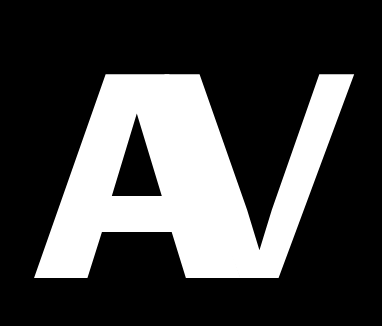Deep technical expertise Isn't enough for higher impact: Become a high-leveraged engineer

As an early-stage professional, technical experience is undoubtedly valuable. However, as you progress in your career, relying solely on your years of experience may not be enough to stand out in the crowd. To truly excel, you need something more - the ability to become a high-leveraged engineer. In this article, we'll discuss what that means and how you can achieve it.
One way to become a high-leveraged engineer is to become cross-functional. For example, if you're a data engineer, you might transition to a healthcare data analytics engineer with a solid understanding of healthcare-related constraints and SOPs in data engineering like HIPPA compliance, etc.
If you're a cloud engineer, you might move to a pre-sales cloud consultant where you help clients think through architecture design workshops with multiple stakeholders involved. Finance will want you to have minimal cost, Security people will want your solution to comply with their checklist, etc.
With my varied and cross-functional career, I have learned that To truly excel, you need three key attributes: great communication skills, business sense, and domain understanding. This worked for me and may work for you as well.

Communication Skills
As an engineer, you may be very technically proficient, but you need to be able to communicate your ideas effectively to non-technical stakeholders as well. This means that you can explain technical concepts in a way that non-technical people can understand. This requires the ability to translate technical jargon into plain language, create compelling arguments in slides, and write emails that are clear and concise. By improving your communication skills, you'll be able to engage with clients and stakeholders more effectively, building trust and respect in the process which will help you have clear expectations.
Business Sense
The second attribute you need to become a high-leveraged engineer is a keen understanding of the expected outcomes. This means understanding the client's end goal and what they hope to achieve from your technical solution. you need to understand what metrics they're looking to optimize for, so you can prioritize your work accordingly. Without a clear understanding of the client's priorities, your work may not add any value, no matter how technically fancy your deep learning model or automated data engineering pipeline is. By developing a strong business sense, you'll be able to deliver solutions that meet the client's needs more effectively and efficiently.
Example metrics, improve user experience by reducing the time to enter data, increase revenue by cross-selling and upselling, etc.
Domain Understanding
This can also be called user empathy. This means developing an in-depth understanding of the field you're operating in. If you're working with a healthcare client, for example, you need to understand their pain points, constraints, and lingo. If you're working on a B2B sales-related product, you need to learn about the sales funnel, how account executives operate, and what the bottlenecks are for them. By developing a deep understanding of the client's domain, you'll be able to speak their language, make the right trade-offs and develop solutions that truly meet their needs.
By combining these three attributes - communication skills, business sense, and domain understanding - you'll become a high-leveraged engineer who can make a 10x impact compared to a staff engineer-like role.

You can increase your impact today by taking the following practical steps.
- Improve your communication skills by practicing your email writing, creating compelling arguments in slides, and speaking to non-technical stakeholders.
- Develop a strong business sense by asking your clients or bosses what their end goal is and how you can achieve it quickly with less effort. Don't work in a silo - get frequent feedback to course-correct efficiently.
- Develop domain understanding by talking to non-technical people, observing what they do and why they do it, and keeping a beginner's mind. Remember, engineers who don't respect their clients tend to have a biased understanding of the domain they're operating in.
Let me know if it works for you or if it does not :)

Member discussion